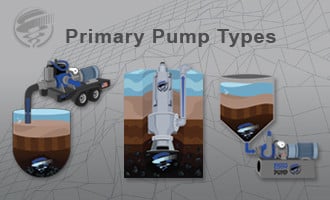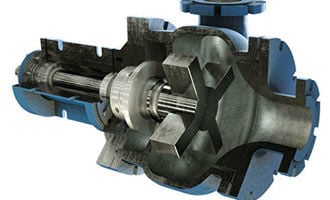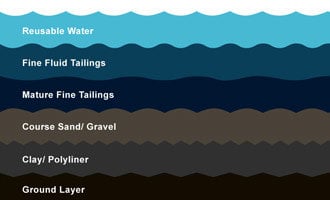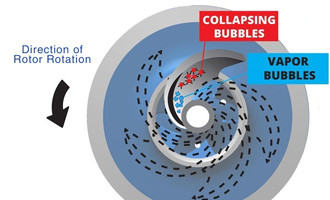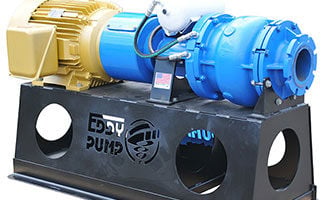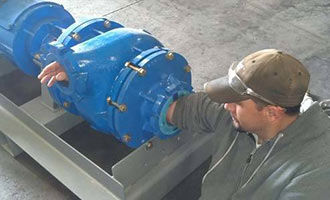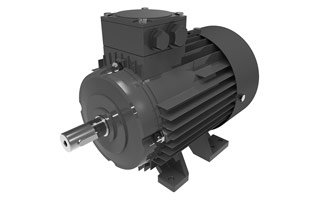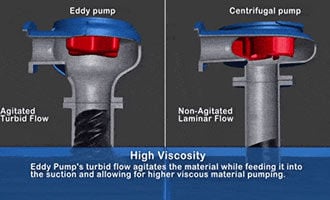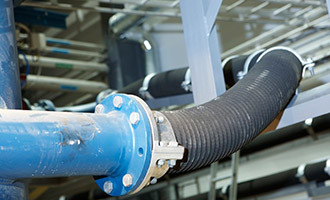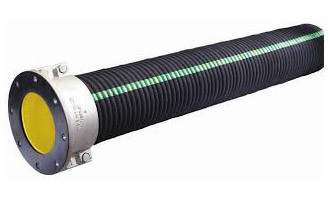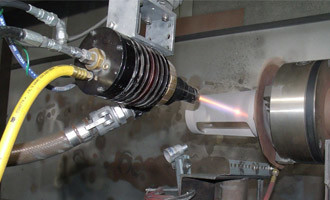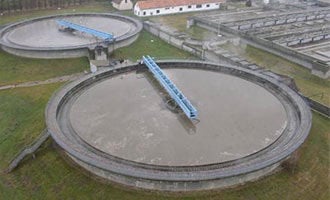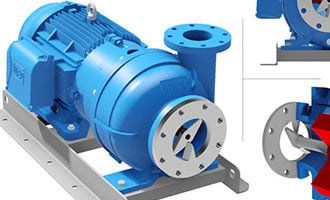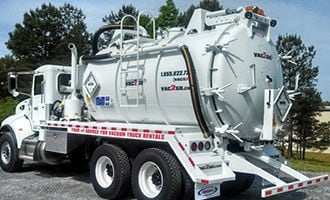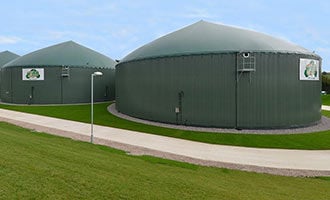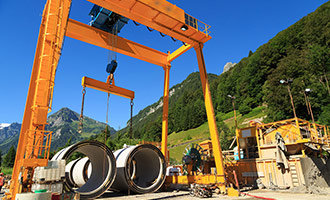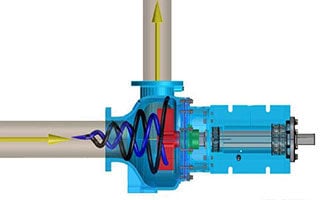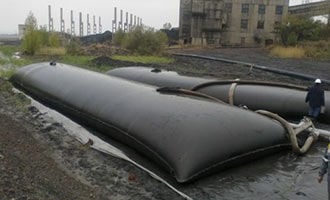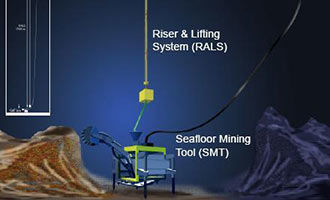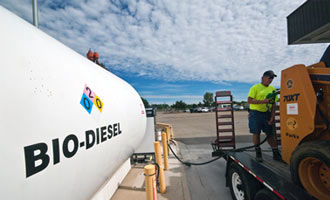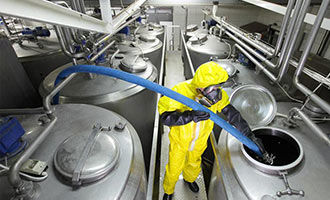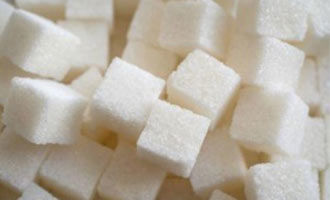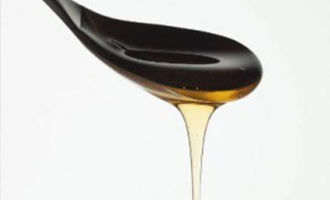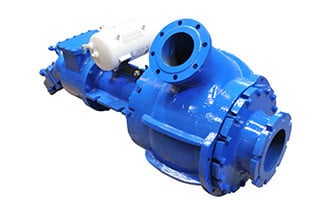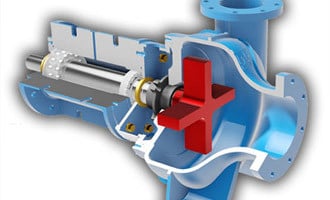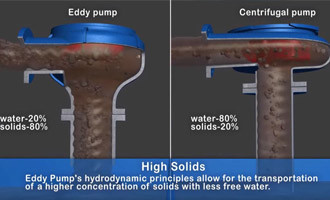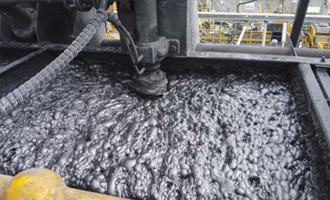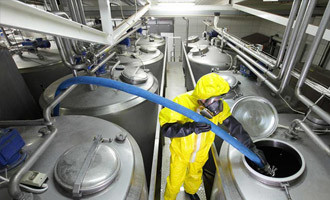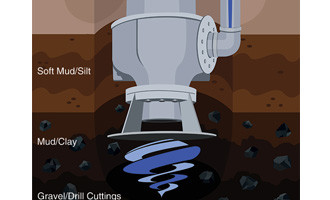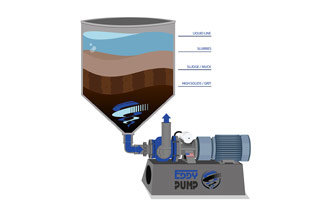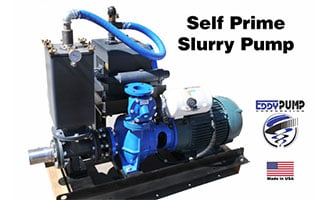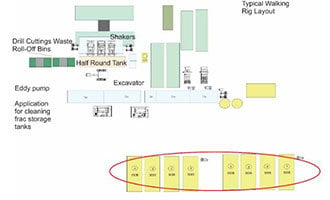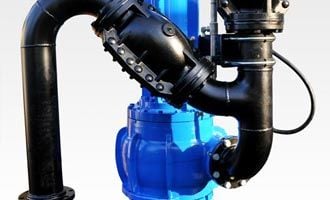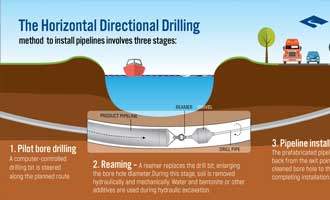The Top 4 Pumps Found in the Chemical Industry
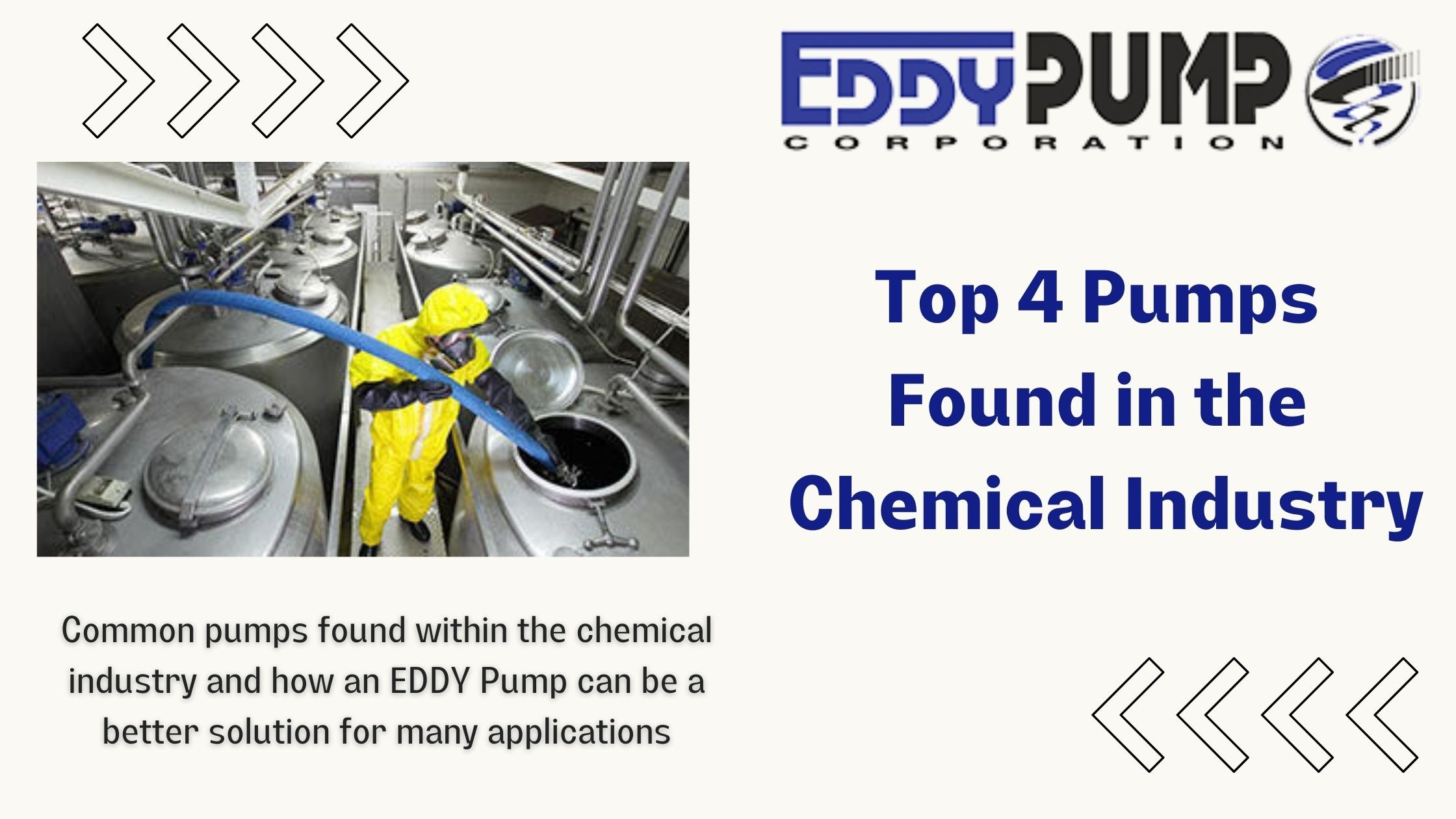
This article introduces four commonly used industrial chemical pumps, their design and construction, and their applications.
Why are Pumps used in Chemical Industries?
Pumps serve several purposes in a chemical plant. Some of the key reasons are:
- Fluid Transfer
- To circulate fluids within a process
- Maintain right pressure
- Carry liquids to equipment
- Control the flow of fluids
Pumping Abrasive and Corrosive Chemicals
Safety is the top priority in any industry. Highly corrosive chemicals are used in many manufacturing processes, either as feedstock for end-product manufacturing or to adjust the pH of mixtures to facilitate vital chemical or biochemical reactions. Acids, especially Sulphuric acid, are common corrosive liquids used in industries. Being used in the manufacturing of fertilizers, such chemicals can cause severe skin and deep tissue damage.
Hydrochloric acid is another dangerous acid that is often used for pH balancing. This highly hazardous acid can cause respiratory failure and severe damage to the eyes. Concentrated alkalis, such as the hydroxides of sodium, calcium and potassium, are also extremely corrosive and must be handled with care.
Handling highly corrosive and hazardous chemicals demands a careful selection of pumps to ensure fluid containment and restrict leakage. In this regard, pump seals are the most critical component, but they are vulnerable to attack by corrosive chemicals. Process engineers must select pumps that are robust enough to handle such hazardous materials and prevent leakage.
Abrasive mixtures can also cause significant problems for pumps. The solid particulates in these mixtures cause wear and tear in internal pump components and substantially affect pump performance. Apart from erosion, abrasive solids can cause pitting in the pump impeller, which can lead to problems with corrosion. With a recessed impeller, EDDY Pumps are built to withstand such damages.
Care must be taken to select the right material of construction for pumps, handling either corrosive or abrasive liquid. The material must withstand the corrosive or abrasive action of these liquids to minimize downtime and maintenance costs.
Top 4 Pumps Mostly Used in Chemical Industry/ Factory
You can find various types of pumps in a chemical factory based on the application, carrying fluid, and other parameters. Some of them are made of iron, stainless steel, brass, aluminum, or HDPE (High-Density Poly Ethylene). You can also observe different prime movers like electric motors, air-powered (pneumatic), or petrol or diesel engines to drive the pumps. However, the below 4 types of pumps are mostly used in any type of chemical factory.
Centrifugal pumps
These are the most common type of pumps used in the chemical industry. They are highly efficient pumps and are used to boost the fluid flow. Primarily used to lift liquids to height, several other centrifugal pumps are used to maintain the right pressure and flow of the liquid in a horizontal pipeline.
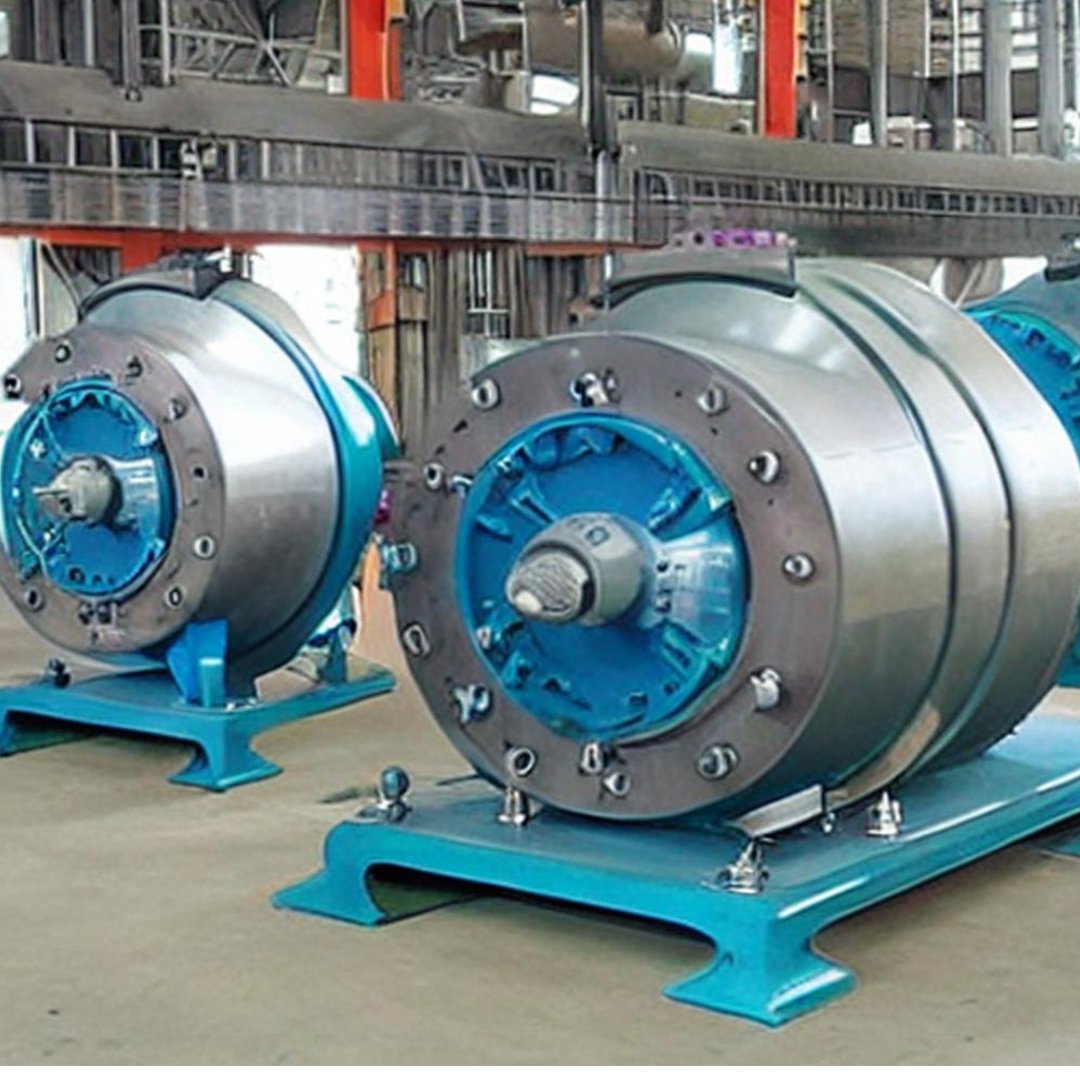
Centrifugal Pumps Used in the Chemical Industry
Centrifugal pump works based on the principle of centrifugal force. They work by converting the rotational energy from a motor into kinetic energy in the fluid being pumped. The pump consists of an impeller that rotates within a casing, creating a centrifugal force that moves the fluid out of the casing and into the discharge pipe.
Centrifugal pumps are ideal for high flow rates and low to medium head applications. Based on the number of impellers, centrifugal pumps can be classified into three major types:
- Single stage pumps
- Two-stage pumps
- Multi-stage pumps
Centrifugal pumps are used in a variety of applications, such as
- Pumping liquids
- Pumping various chemicals
- Pumping corrosive fluids
- Pumping flammable fluids
- Pumping mud, fly ash and slurry
- Pumping Viscous Fluids
Positive Displacement Pumps
Positive displacement pumps are another type of pump commonly used in chemical industry process plants. These pumps trap a fixed amount of fluid and then force it into the discharge pipe. They are ideal for low flow rates and high head applications.
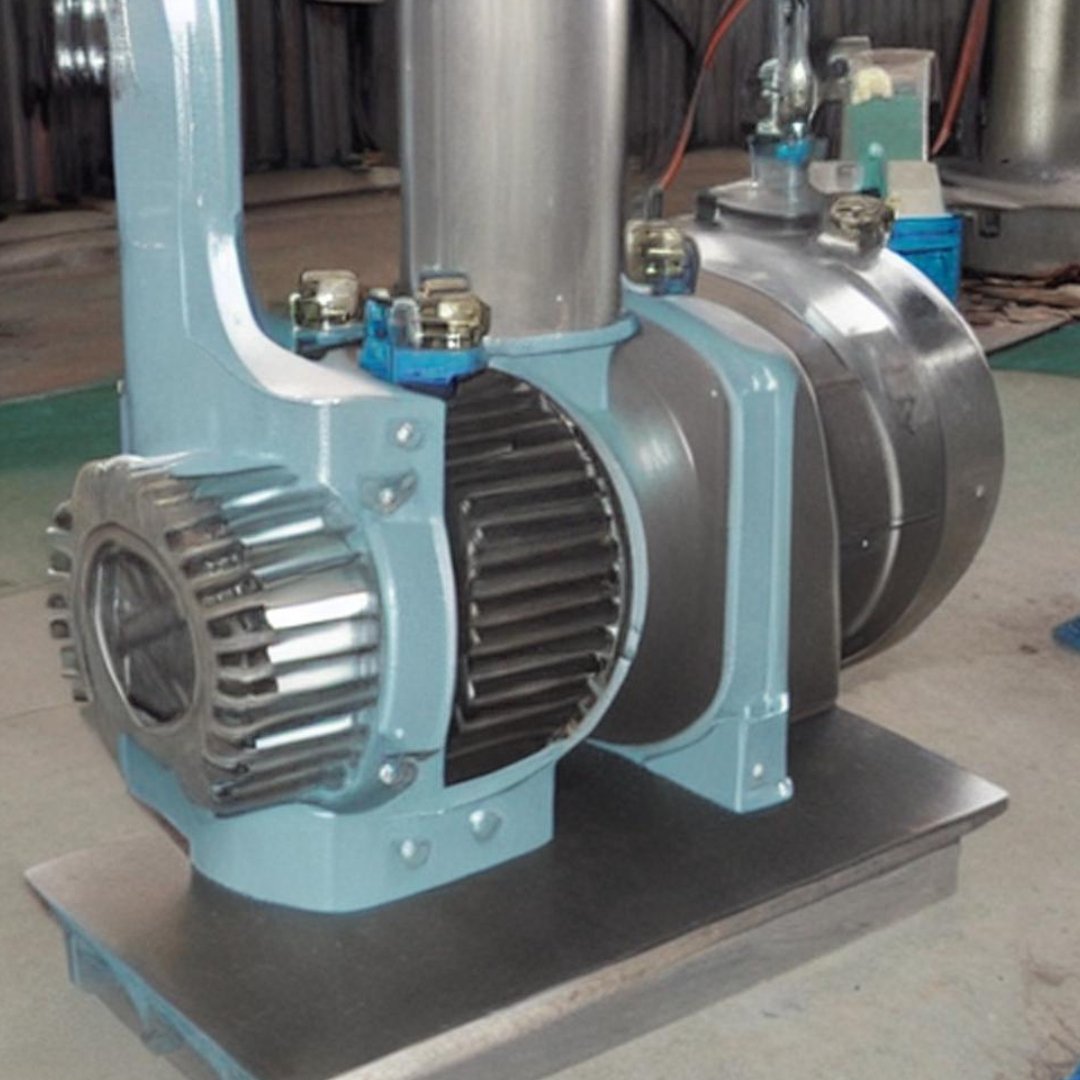
Positive Displacement Pump in Chemical Industry
- Reciprocating pumps: Reciprocating pumps use a piston-cylinder device and a slider crank mechanism to move the fluid in a certain direction. These are often used for high-pressure applications, such as pumping chemicals into a reactor vessel.
- Rotary pumps: Rotary pumps, on the other hand, use a rotating mechanism to move the fluid. They are commonly used for low to medium flow rates and are ideal for transferring viscous fluids. These types of rotary pumps include gear pumps, screw pumps, and rotary vane pumps.
Positive displacement pumps are more efficient than centrifugal pumps in handling high-viscosity fluids and can deliver high pump pressures. These pumps can also move low vapor pressure fluids, which flow at lower speeds and create more resistance.
These pumps are used in several cases:
- For metering and dosing
- Pumping high-viscosity fluids like melted polymer, high-density chemicals,
- Pumping abrasive fluids
- Pumping high-pressure and high-temperature fluids
Diaphragm pumps
Diaphragm pumps are another type of positive displacement pump commonly used in the chemical industry. They use a flexible diaphragm that moves back and forth, creating a suction and discharge action. The diaphragm separates the fluid being pumped from the pump mechanism, making them ideal for pumping corrosive or abrasive fluids.

Diaphragm Pump Used in the Chemical Industry
Diaphragm pumps are used in several cases:
- Chemical transfer
- Dosing and metering where precise and accurate delivery of chemicals is required.
- Chemical feed systems
- Slurry pumping
- Solvent recovery
- Metering of pigments and dyes
Turbine pumps
These pumps have turbine-like impellers with radially oriented teeth to move the liquid. Turbine pumps combine the versatility of a centrifugal pump with the high discharge pressures of positive displacement pumps. However, they are not suitable for transporting liquids with solid content.

Turbine Pump Used in the Chemical Industry
There are varieties of pumps in the market that fall within these categories and perform admirably under most circumstances. However, many of them also have serious limitations when it comes to handling highly corrosive or abrasive fluids or liquids with high solids content, like slurries. These 4 types of pumps can handle most of the requirements of any chemical industry.
What Parameters Do You Need to Consider During Pump Selection?
Pump selection depends on the characteristics of the liquid to be handled, which include viscosity, flowability, flammability, corrosiveness, abrasiveness, and type of hazard. It is also essential for you to check the design parameters like the required flow and head, the required pressure, flow, and volume at the discharge. You also need to check the pump’s material of construction as it depends on the type of chemical to be handled.
EDDY Pump is a premier pump that offers value that other conventional pumps cannot provide. They provide a variety of fluid solutions for every industrial need. The efficient design, high-quality materials, and mechanical seal products of the Eddy pump ensure superior efficiency, zero leakage and almost no maintenance.
Final Words
In the end, it is obvious that no chemical industry can operate without pumps. To choose the right pump for your needs, you need to know about the different kinds of pumps and what makes them different. Centrifugal pumps, positive displacement pumps, diaphragm pumps, and turbine pumps are the most common types of pumps used in chemical companies. Understanding them is the first step to choosing the right pump for your process.
For your Slurry pump, dredging equipment application in construction, mining, chemical, oil & gas, pulp and paper, sewage treatment and marine industries, email Eddy Pump or call us at 619-558-3250. You can also request a free sales quote.
FAQs about Chemical Industry Pumps
FAQ 1: What are the benefits of using positive displacement pumps in the chemical industry?
Positive displacement pumps offer several benefits in any chemical industry. These are highly efficient and can maintain a consistent flow rate even when handling high-viscosity fluids. Also, these types of pumps are designed to handle a wide range of liquids, including abrasive and viscous fluids. Another major advantage is these are self-priming pumps as these do not need any external priming to start. Low maintenance is another added advantage of this model.
FAQ 2: What types of pumps are commonly used in the chemical industry?
There are four major types of pumps that are widely used in chemical industries.
- Centrifugal pumps
- Positive displacement pumps
- Diaphragm pumps
- Turbine pumps
FAQ 3: What materials are chemical industry pumps typically made from?
As industrial chemical pumps need to handle fluids of different natures, there are several types of materials of construction. Some major materials are Stainless Steel, Brass, Cast iron, aluminum, rubber, ceramic and special plastic such as polypropylene or HDPE
FAQ 4: What factors should be considered when selecting a chemical industry pump?
The primary thing is to check the design parameters like flow rate, required head, pressure, and volume. It is also important to consider the characteristics of the liquid to be handled selecting the pump, like viscosity, flow rate, combustibility, corrosiveness, abrasiveness, and hazard level, while choosing a pump.
Materials used to manufacture pumps must be chosen with consideration for the qualities of the liquid being pumped. In the chemical sector, corrosion is a key concern, so pumps are built from materials that are compatible with the chemicals being pumped.
FAQ 5: What are chemical industry pumps used for?
Pumps are used in many different ways across the chemical industry. Some of the common applications are
- Chemical transfer
- Metering and dosing
- Mixing and agitation
- Slurry pumping
- Solvent recovery
- High-pressure applications
Order or Get Selection Help
Related Products
HD (Heavy Duty) Slurry Pumps
Why EDDY Pumps Are Better – Highlights
This video shows how EDDY Pump transports high slurry and abrasive materials. Featured dredge pump equipment includes the Remote Operated Subdredge, Diver Operated Pump and a Excavator Attachment Dredge Pump.
Why EDDY Pumps Are Better - Highlights
This video shows how EDDY Pump transports high slurry and abrasive materials. Featured dredge pump equipment includes the Remote Operated Subdredge, Diver Operated Pump and a Excavator Attachment Dredge Pump.

